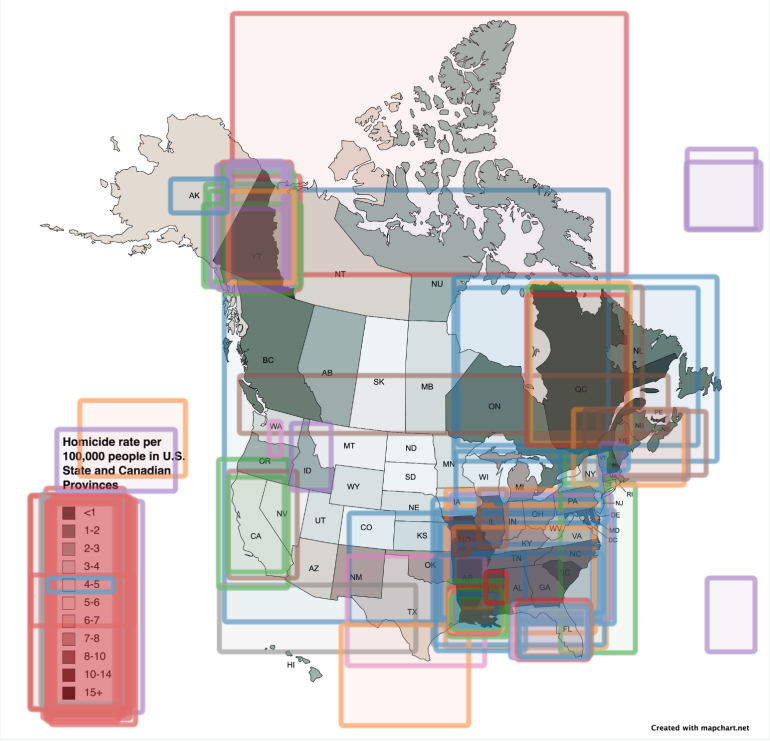Discursive Patinas: Anchoring Discussions in Data Visualizations
Tobias Kauer - University of Edinburgh, Edinburgh, United Kingdom. Potsdam University of Applied Sciences, Potsdam, Germany
Derya Akbaba - Linköping University, Norrköping, Sweden
Marian Dörk - University of Applied Sciences Potsdam, Potsdam, Germany
Benjamin Bach - Inria, Bordeaux, France. University of Edinburgh, Edinburgh, United Kingdom
Screen-reader Accessible PDF
Download preprint PDF
Room: Bayshore II
2024-10-17T14:15:00ZGMT-0600Change your timezone on the schedule page
2024-10-17T14:15:00Z

Fast forward
Full Video
Keywords
Data Visualization, Discussion, Annotation
Abstract
This paper presents discursive patinas, a technique to visualize discussions onto data visualizations, inspired by how people leave traces in the physical world. While data visualizations are widely discussed in online communities and social media, comments tend to be displayed separately from the visualization and we lack ways to relate these discussions back to the content of the visualization, e.g., to situate comments, explain visual patterns, or question assumptions. In our visualization annotation interface, users can designate areas within the visualization. Discursive patinas are made of overlaid visual marks (anchors), attached to textual comments with category labels, likes, and replies. By coloring and styling the anchors, a meta visualization emerges, showing what and where people comment and annotate the visualization. These patinas show regions of heavy discussions, recent commenting activity, and the distribution of questions, suggestions, or personal stories. We ran workshops with 90 students, domain experts, and visualization researchers to study how people use anchors to discuss visualizations and how patinas influence people's understanding of the discussion. Our results show that discursive patinas improve the ability to navigate discussions and guide people to comments that help understand, contextualize, or scrutinize the visualization. We discuss the potential of anchors and patinas to support discursive engagements, including critical readings of visualizations, design feedback, and feminist approaches to data visualization.